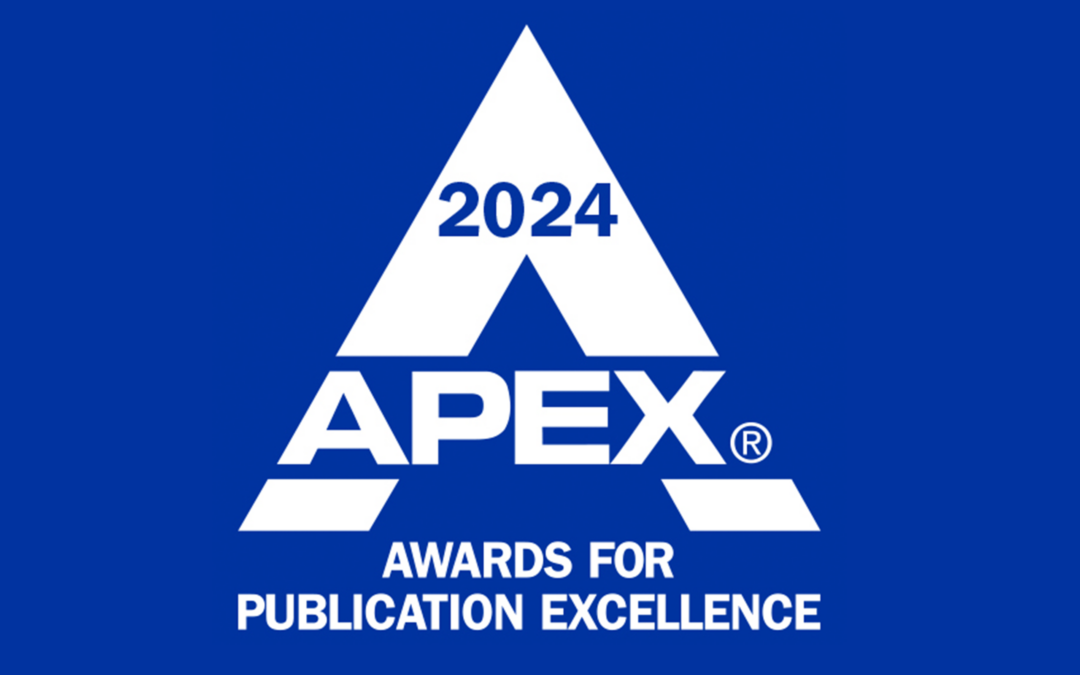How to Successfully Advocate for Your Communications Budget
If you’re tasked with justifying the communications department budget, you should present a compelling argument that demonstrates the value of communications to the organization. Here are tips to successfully make that argument.
I can recall on several occasions over the course of my career having to advocate for my communications department’s budget to prevent hefty cuts. Leading successful communications campaigns simply requires an investment.
In many organizations, the communications department is seen as a cost center rather than a revenue generator. However, the reality is that an effective communications strategy is crucial to a company’s success, impacting everything from brand perception to employee engagement and customer retention. Yet, when it comes time to allocate budgets, communications teams often find themselves fighting for the resources they need to achieve their goals.
Align your goals with the company’s strategic objectives
One of the most effective ways to argue for your budget is to show how your communications initiatives directly support the company’s overarching goals. Whether the company is focused on increasing market share, launching a new product, or improving customer satisfaction, you should articulate how the communications department will help achieve these objectives.
Demonstrate the ROI of communications
In today’s data-driven world, decision-makers are more likely to support budget requests when they can see a clear return on investment (ROI). Therefore, it’s essential to quantify the impact of your communications efforts whenever possible. Use metrics to demonstrate the tangible results of your communications campaigns, and draw on case studies or examples from industry peers to show how effective communications strategies have led to increased revenue, customer loyalty, or market positioning.
Showcase past successes
If you’ve been part of successful communications campaigns in the past, don’t be shy about highlighting these achievements. Success stories can be powerful tools in justifying your budget, because they provide concrete evidence of your department’s value. Create a portfolio of past campaigns that showcases the breadth and depth of your department’s work. Be sure to tie these successes back to the company’s strategic goals to reinforce your argument.
Present a clear and detailed budget plan
Present a clear and detailed budget that outlines exactly how the funds will be allocated and what the expected outcomes will be. Break down your budget into specific categories, provide a rationale for the requested funds, and explain how they will contribute to the department’s goals. Be transparent about costs, and consider including a comparison of budget allocations from similar companies in your industry to support your request.
Address potential concerns proactively
Decision-makers are likely to have questions or concerns about your budget request, so it’s important to anticipate these and address them proactively. This might include justifying the need for certain expenses, explaining the long-term benefits of investing in communications, or demonstrating how you will manage risks.
Successfully arguing for your communications department budget requires a combination of strategic thinking, data-driven insights, and persuasive presentation. By aligning with organizational goals, leveraging metrics, and demonstrating the strategic value of communications, you can make a compelling case for the resources you need to drive success.
Remember, securing budget is an ongoing process. Continuously track and report on the impact of your communications initiatives to build a strong foundation for future budget requests. With persistence and a focus on delivering measurable value, you can build a compelling case that highlights the essential role of communications in driving organizational success.









